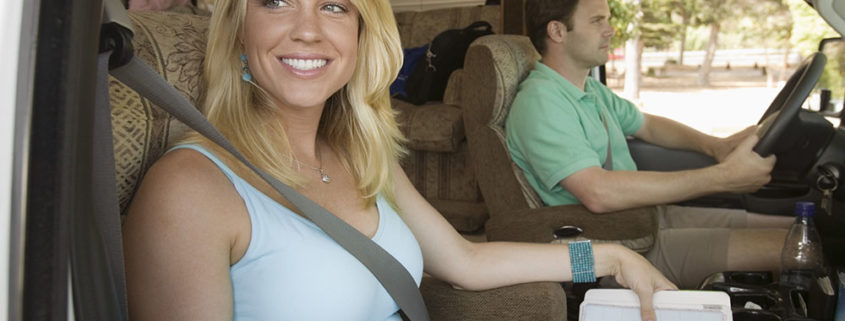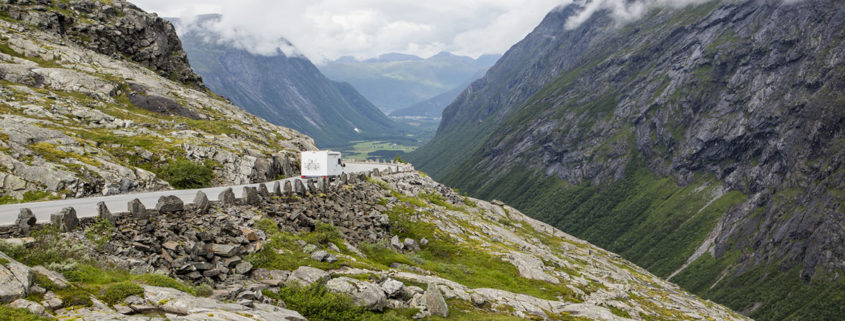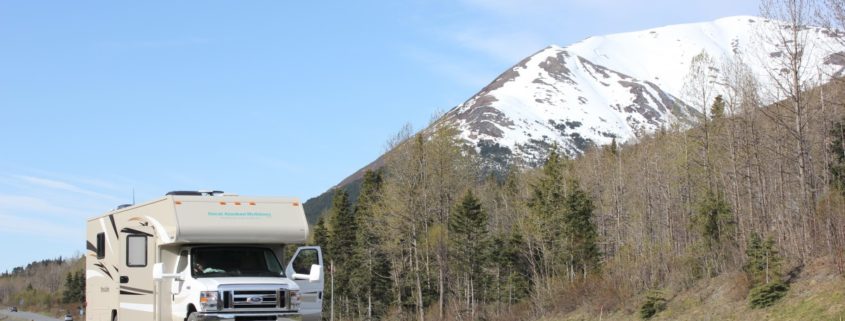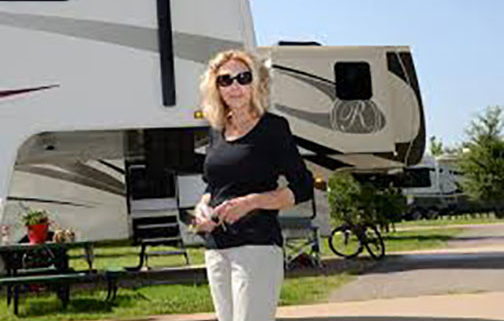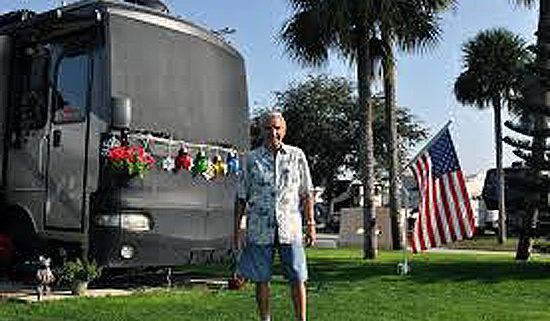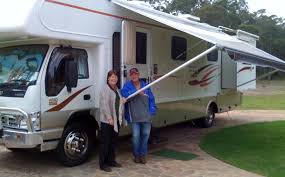Tips for RV Weekend Warriors
A great number of RV owners are always seeking more camping time but are finding it hard to work out a way between their jobs and busy schedules. Getting some time to take a break from work can seem like an unimaginable feat for them. However, becoming an RV weekend warrior is the solution to enjoying the RV lifestyle amidst tight work schedules.
To be honest: only a few people get an extra week on a yearly basis to say bye to the boss and venture out on the open road. Don’t lose hope! There is a way to enjoy campground regularly without staying away from your job. Here are a few ideas to help you.
Extend your weekend by taking a Friday or Monday off.
Everyone is aware that it can sometimes be challenging to take some time off of work. But most people don’t take up all their vacations days, and doctors think it is not the best for our health and overall wellbeing. If you can’t take the whole 24 hours you could take a half day at the very least. This is going to help you get to the campground in good time and the cares of the working week is going to fade away by the cheerful warmness of the campfire.
Cut down on the driving distance.
The longer time you spend driving, the less you’ll put in at the campground and hence it is advisable to reduce the driving distance to under two hours or less. Take note of traffic and stay away from heavily trafficked zones to get the most out of free time and eliminate unnecessary stress.
Camp close by on hectic weekends
In the event you can’t find a free weekend for birthday parties or other important family events, locate a campground that is close by and camp there for the event. You’ll be surprised at the nice county park that could be just some minutes drive from your home. There is absolutely no need to spend a whole weekend on just a few hours event.
Book a seasonal RV site.
Seasonal camping has grown to be common and widely recognized, and it’s easy to understand why. Whenever you have fully-stocked RV and ready to enjoy at a campground, short weekend getaways are great. Prices differ depending on location and facilities hence, don’t suppose a seasonal camping is out of your budget range.
Have a fixed weekend list of food options and shopping list
It is not advisable to always use campfire cooking on short weekend trip. A fixed weekend menu would mean that that you spend some on food prep the week before your trip. You could do bagels and oatmeal for breakfast and a roast for Saturday night. Additionally take time to shop for great camping food before going.
Order for Friday dinner at the campground
Reaching the campground and making efforts to prepare for dinner can be stressful especially for those who have kids that act like they haven’t eaten for a long time. Take that stress off the table by placing an order for food to go for Friday’s supper. You could pick up sandwiches or have pizza delivered to the campground. Call the campground office to help you with. It is advisable to place your order 20 minutes away

